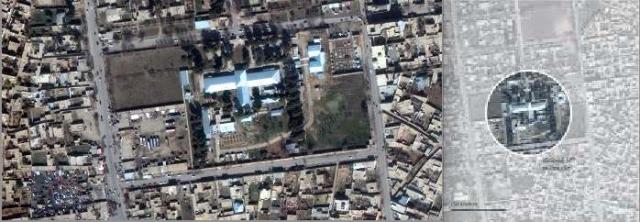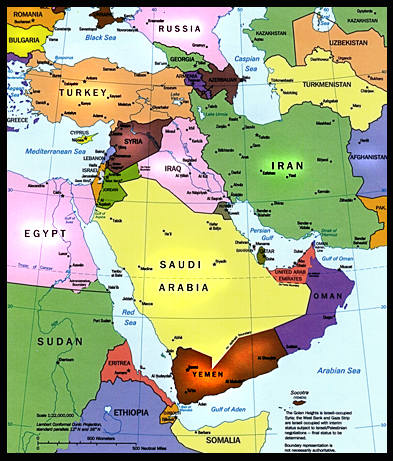Evidence continues to mount that the US committed a monstrous war crime in attacking and destroying a fully operational hospital in Kunduz, Afghanistan on the night of Oct. 3, killing at least 22 people including at least 12 members of the volunteer medical staff of Medicine Sans Frontieres (Doctors Without Borders), the Swiss-based international aid organization that operated the hospital.
This even as the US desperately tries to bury the issue of its perfidy by offering “condolence payments” to victims of the attack, though without accepting blame beyond saying it was a “tragic mistake.”
The “mistake” claim looks increasingly shameless as it becomes clear that this was not, as the US corporate media continue to incorrectly report, a “bombing” gone wrong, but rather was a prolonged hour-long attack by an AC-130 gunship, the deadliest killing machine in the US Air Force’s weapons roster of airborne mayhem. The aircraft, equipped with the latest night-vision sighting equipment, reportedly made five 15-minute assaults on the hospital’s main building housing the emergency operating room and recovery rooms, firing its array of howitzer cannons, 30-millimeter machine canons and other heavy weapons whose standard ammunition includes both high-explosive tips and anti-personnel rounds designed to scatter death in a wide pattern.
This is, in other words, not a precision targeting weapon, but a weapons system designed to spread death over a wide swath.
It explains why the building itself was not leveled, the typical outcome when, for example, a drone fires Hellfire missiles at a building or a plane drops a bomb. Rather, the still standing hospital was deliberately set ablaze by incendiary weapons, and those people inside not incinerated were killed or grievously wounded by a shower of bullets and anti-personnel flechettes.
Horrific enough to attack a hospital, but to attack it with a weapons system designed to slaughter as many people as possible is almost beyond comprehension.
The hospital in Kunduz was a well-known and long-established institution with a distinctive shape operating in a city that until recently was under full government control. That the US/NATO command did not clearly know the function of that structure is inconceivable, despite US government efforts to claim that a specific provision of the hospital’s coordinates to US forces by Medicine Sans Frontieres days before the attack “must have” gotten waylaid somewhere along the way. (see aerial photo of the hospital in Kunduz).
 The Doctors Without Borders hospital in Kunduz is large and unique in shape, easily distinguished from the air, even at high altitude, giving the lie to official claims that the US attack was a “mistake” and not a war crime
The Doctors Without Borders hospital in Kunduz is large and unique in shape, easily distinguished from the air, even at high altitude, giving the lie to official claims that the US attack was a “mistake” and not a war crime








